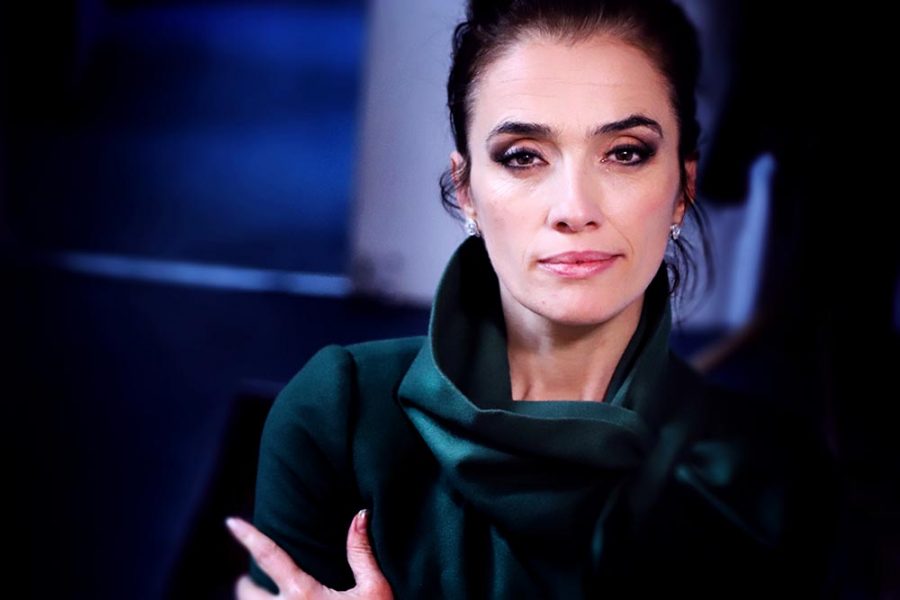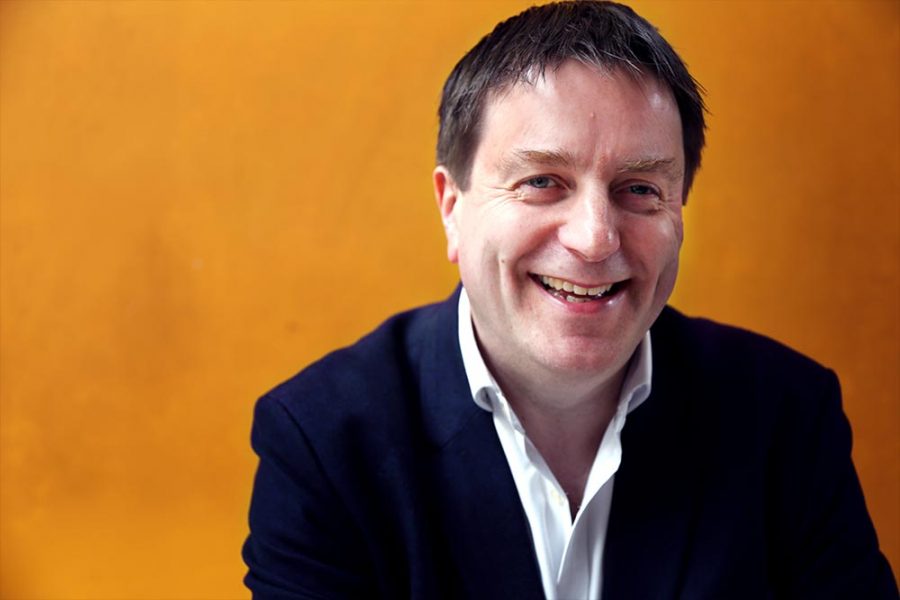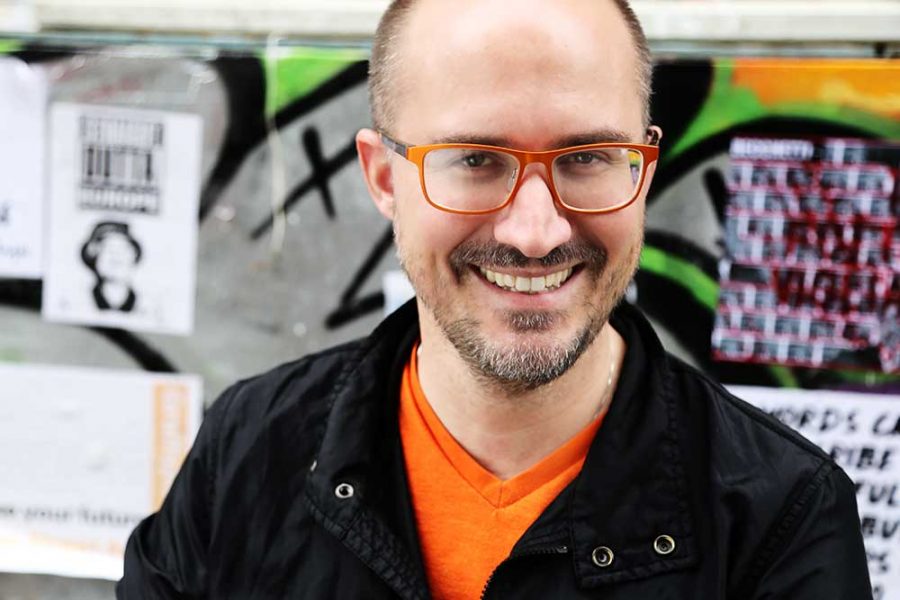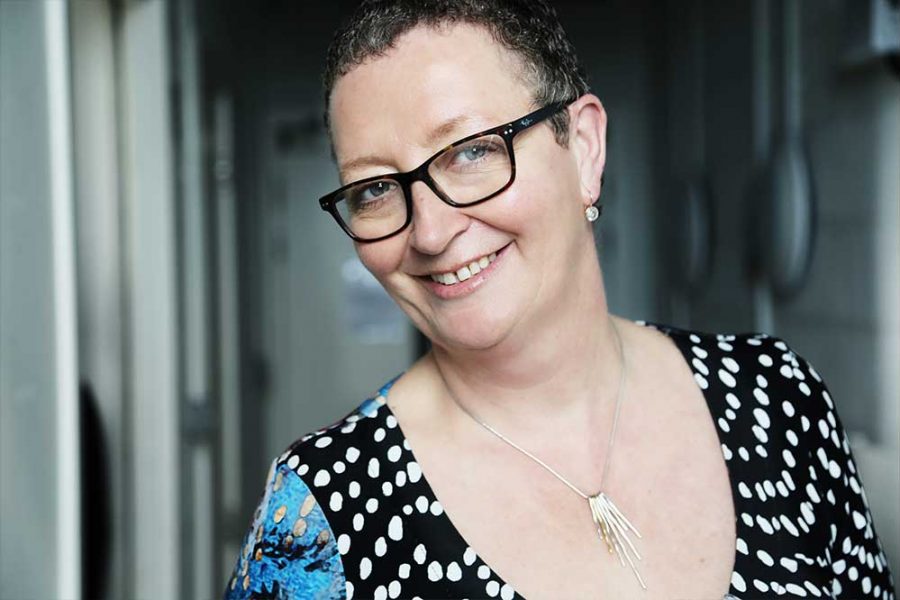Achieving Excellence with Christian Schirm

July 2016
Words by
Emer Nestor
Photos by
Frances Marshall
Christian Schirm is Artistic Director of the renowned Académie de l’Opéra national de Paris. As a dedicated educator, he has held positions at high-profile institutions including the Diplomatic Academy in Vienna and the Grand Théâtre in Geneva. From 1995 to 2004 Schirm was deputy director in charge of dramaturgy and the Palais Garnier at the Opéra de Paris.
He went on to assume the role of director of the Atelier Lyrique until 2015. To date his list of Honours include: Chevalier dans l’Ordre des Arts et des Lettres; Chevalier dans l’Ordre National du Mérite; and Chevalier dans l’Ordre de la Légion d’Honneur.
Here, Schirm sheds light on his inspiring work at the Académie de l’Opéra.
Having majored in literature and political science at university, how did you become involved in theatre and opera?
Opera going was not a family pastime, but curiosity led me to start attending the theatre in my hometown of Nantes as a spectator, and then during my student years in Aix-en-Provence and Marseille. During the beginning of my professional life, in academic teaching and journalism in Vienna, I was a regular in the standing room of the Staatsoper, as well as a spectator of the Burgtheater and the concert halls.
The mentoring of the young artists, combined with the programme of teaching and concert work, is an essential part of the job."

Tell us about your work as artistic director of Atelier Lyrique.
The critical stages of each year are concerned with the selecting of the twelve singers and four coaches in auditions before a small jury. The presence of those personalities and their vocal characteristics may influence the choice of productions that the Académie stages, and the artistic teams for those productions need to be brought together and guided through the process. The mentoring of the young artists, combined with the programme of teaching and concert work, is an essential part of the job. Projects also need to include the young orchestral musicians who are part of the Académie. The future of the young artists is also a major concern, particularly the process of encouraging the casting of the singers in Paris opera productions on the main stages or elsewhere.
What are the most important elements to consider when creating the curriculum for this programme?
The teaching staff are expert in preparing each singer and pianist in the mainstream repertoire according to what suits each voice and personality. The choice of repertoire for Académie productions and concerts is also governed by my sense of the possibilities of each artist, and areas of exploration relating to styles, periods, and language—all of which will challenge the artists and help them to grow. Ensuring that there are never risks taken with their vocal health is fundamental to this undertaking. A young voice is sometimes not completely mature, and vocal technique is always a work in progress.
How does the curriculum prepare early-career singers for a life on stage?
I have always valued the complete package: The artists must perform roles/arias/songs/melodies/lieder in several languages, be thoroughly prepared, and then tackle cycles and groups from the repertoire when they are ready, from baroque to contemporary. They all participate in productions with experienced and original directors who will develop theatrical skills and broaden the cultural perspective of the young artists. It is important to carry a full role through, in front of audiences, and to work with costumes, as well as regular experience of work with orchestras.


The Académie de l’Opéra national de Paris is a tireless champion of the value of opera in education, and indeed society as a whole — where do you think the Academy is at its strongest in this regard, and is there room for improvement?
The preparation of a singer professionally is a multiple process. Achieving excellence involves areas of development sometimes neglected by the concentration on vocal technique and some students’ conservatory backgrounds, and by their sometimes-unorthodox first steps in the music world, for example, acting. More broadly, a rounded young artist needs to have a role in society, and to share in the process of developing audiences. The Académie is at the forefront of work with school children and students, and when their projects allow, the young artists participate in many of these projects.
You recently served on the jury panel of the Veronica Dunne International Singing Competition in Dublin — what are your thoughts on the standard of competitor?
Over several years I have encountered candidates and prizewinners of the Veronica Dunne competition, and have been impressed by the standard. On the two occasions I have had the honour of being a juror, attending all the heats and hearing a rich gamut of finalists have confirmed this impression.
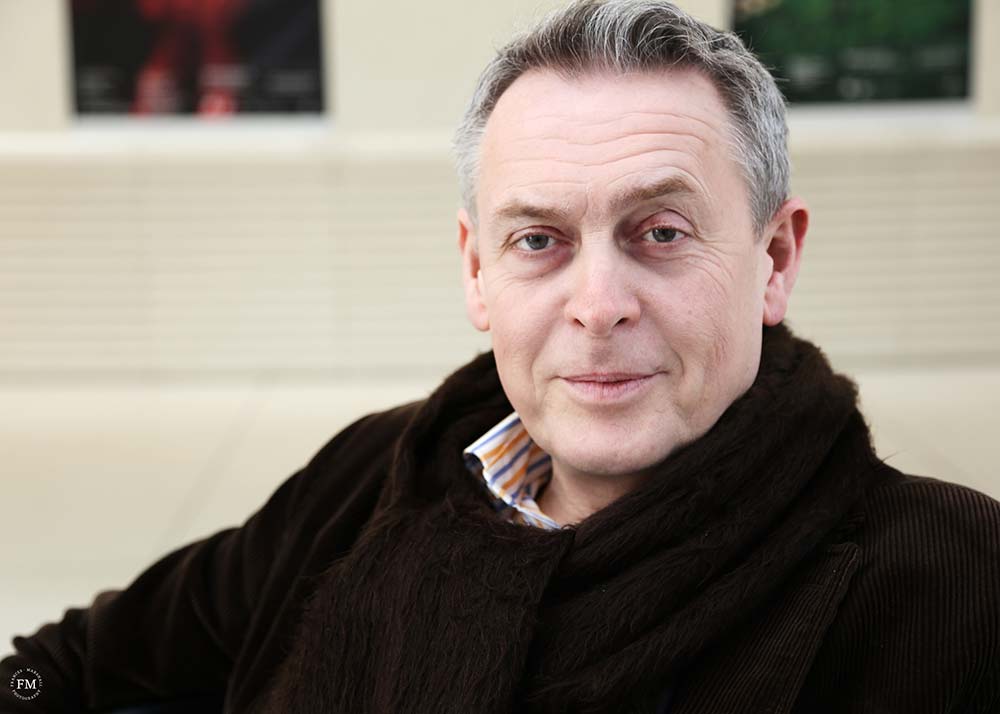

How important are competitions to the career of a young singer?
Rising to a challenge, singing difficult repertoire with an orchestra, with stimulating competition, and in front of a demanding audience, puts a singer on the map professionally, and can bring further experience and self-knowledge for the artist regarding his/her possibilities. A prize or a position in finals is a good way of being seen by the profession and gives confidence. However, it doesn’t replace the usual process of finding work and performing roles on stage.
In terms of aesthetics, what type of operatic production are you most drawn to?
Good productions can emerge from a multitude of widely contrasting aesthetic choices. The essence is intelligence, a tactful approach to the experience of the audience–taking them on a journey without leaving them on the wayside–and hard, detailed work.
Do you have a favourite composer?
How can a music-lover pick a favourite between such marvellous and seeming opposites as Monteverdi and Wagner? Handel, Rameau, Mozart, Verdi, and Strauss, all compete, but as somebody who works with singers, Mozart is the classical synthesis of dramatic demands, melody and melancholy, besides which the chamber music, piano music, symphonies and masses are all extraordinary.
Music, literature, good and healthy living, and friendship, all protect me against the stressful side of the business."

With such a busy career, how do you find balance in life?
Music, literature, good and healthy living, and friendship, all protect me against the stressful side of the business.
How will you be spending your summer months in Paris?
Some of our singers and pianists will be giving concerts, and I may attend some of those events. I won’t be attending the Aix-en-Provence festival, although I am sorry to miss the Guglielmo and Ferrando of two Atelier Lyrique alumni, Nahuel di Pierro and Joel Prieto. I will also be preparing the coming seasons in Paris, but will also retreat to my country garden on the Normandy coast for a short spell!
What’s next for you at the Académie de l’Opéra?
Next year Tom Creed will stage a new production of Britten’s Owen Wingrave for the Académie in the Amphithéâtre of the Opéra Bastille. We will perform Il Signor Bruschino by Rossini in concert with the Orchestre National d’Ile de France, conducted by Enrico Mazzola, and a new production of Rameau’s comédie ballet, Les fêtes d’Hébé, in coproduction with the Centre de musique baroque de Versailles, and with the Royal College of Music in London, with the baroque orchestra of Royal College of Music. The performances will take place in the Britten Theatre of the College in London and in the Amphithéâtre of the Opéra Bastille.
All content and imagery displayed within this article is subject to copyright.
Share this article


